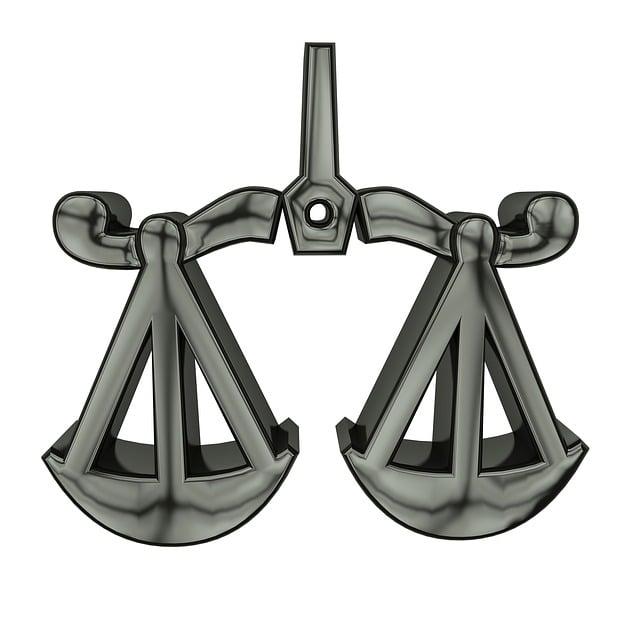Healthcare mergers face intricate Regulatory Challenges in Merger Agreements, especially under antitrust laws. Legal experts navigate these complexities, ensuring compliance and mitigating risks. Key issues include data privacy (HIPAA, GDPR), clinical trials' ethical standards, and intellectual property disputes. Effective strategies are vital to address these challenges, protect patient welfare, and successfully execute mergers while upholding regulatory requirements.
In the dynamic landscape of healthcare, navigating complex legal issues is paramount for institutional growth and patient safety. This article delves into critical regulatory challenges inherent in merger agreements, including antitrust considerations, post-merger integration, patient data privacy, clinical trial regulations, and intellectual property disputes. Understanding these intricate aspects is essential for professionals seeking to ensure compliance, foster sustainable partnerships, and protect sensitive information within the healthcare sector.
- Antitrust Considerations in Healthcare Mergers
- Regulatory Scrutiny: Post-Merger Integration Challenges
- Patient Data Privacy and Protection Laws
- Clinical Trial Regulations and Ethical Guidelines
- Intellectual Property Disputes in Healthcare Agreements
Antitrust Considerations in Healthcare Mergers

In the healthcare industry, mergers play a significant role in shaping market dynamics. However, these transactions often face intricate Regulatory Challenges in Merger Agreements, particularly under antitrust laws. When two healthcare providers merge, they may inadvertently create market barriers and reduce competition, which is a red flag for regulatory bodies. The primary concern lies in preserving fair market access and preventing the new entity from leveraging its combined resources to drive out competitors or overcharge patients.
Antitrust considerations demand a meticulous review of merger agreements to ensure they do not compromise patient welfare. Legal experts in white-collar defense must guide corporate and individual clients through this process, helping them navigate complex regulatory requirements. By carefully structuring the deal, addressing potential concerns upfront, and demonstrating the benefits to consumers, healthcare organizations can avoid indictment for antitrust violations.
Regulatory Scrutiny: Post-Merger Integration Challenges

Post-merger integration within healthcare industries is a complex process fraught with regulatory scrutiny, particularly when dealing with high-stakes cases. Regulatory authorities closely examine merger agreements to ensure they do not impede competition or adversely affect patient care. This meticulous review can present significant challenges for integrated entities, especially in navigating the legal and ethical landscapes of philanthropy and political communities.
Successful integration requires a deep understanding of these regulatory challenges. Companies must meticulously plan and communicate their strategies to avoid potential indictments. By anticipating and addressing concerns regarding market dominance, price setting, and patient access, healthcare organizations can ensure smoother post-merger operations. This proactive approach not only fosters stability but also builds trust among stakeholders, including patients, investors, and the communities they serve.
Patient Data Privacy and Protection Laws

Patient data privacy and protection laws are a critical aspect of healthcare that has seen significant regulatory challenges in merger agreements. With the increasing digitalisation of medical records, ensuring the security and confidentiality of sensitive patient information has become an unprecedented track record for healthcare providers and legal teams alike. Compliance with regulations such as HIPAA (Health Insurance Portability and Accountability Act) in the U.S., or GDPR (General Data Protection Regulation) in Europe, is essential to avoid high-stakes cases and substantial penalties.
Navigating these complex laws, especially during mergers and acquisitions, presents unique difficulties. Legal teams must carefully consider data transfer agreements, consent management, and incident response plans to mitigate risks effectively. Given the sensitive nature of healthcare data, any breach can have severe consequences not just for patients but also for the reputations and financial health of involved institutions across the country. Thus, a thorough understanding of regulatory requirements and an agile approach to compliance are vital to ensuring smooth transitions and protecting patient privacy in these complex deals.
Clinical Trial Regulations and Ethical Guidelines

Clinical trials play a pivotal role in advancing medical research and developing innovative treatments. However, they present unique legal challenges, especially when considering international regulations and ethical guidelines. The intricate web of rules governing clinical trials involves balancing patient safety, informed consent, data privacy, and the pursuit of scientific progress. These regulations are designed to protect participants while ensuring the integrity of research outcomes, making them a cornerstone in healthcare’s regulatory landscape.
In the context of merger agreements within the healthcare sector, understanding these guidelines is paramount. Regulatory challenges often arise from ensuring compliance with diverse global standards, particularly when operating across borders. High-stakes cases involving clinical trial data and protocols demand meticulous attention to detail, as even minor deviations can have significant implications. A winning challenging defense verdict in such scenarios relies on a deep understanding of both the respective business’s operations and the ever-evolving landscape of ethical guidelines.
Intellectual Property Disputes in Healthcare Agreements

Intellectual Property (IP) disputes are a significant legal issue within healthcare agreements, often arising from the innovative nature of medical advancements and treatments. These conflicts can occur when companies or individuals involved in developing or marketing healthcare products have differing opinions on ownership rights, particularly in cases involving proprietary technologies, research findings, or trade secrets. Healthcare IP disputes are complex due to the highly regulated nature of the industry and the sensitive impact on patient care.
When considering mergers and acquisitions (M&A) in healthcare, Regulatory Challenges in Merger Agreements play a pivotal role. High-stakes cases require a robust strategy to navigate these complexities, especially when dealing with potential IP infringements or licensing issues. The unprecedented track record of successful resolutions in such cases showcases the expertise required in handling general criminal defense matters within this specialized domain. Effective legal strategies are essential to ensure the protection of intellectual property rights and the smooth execution of healthcare industry mergers.
In navigating healthcare legal issues, from antitrust considerations to patient data privacy, understanding the intricate web of regulations is paramount. As mergers become more prevalent, regulatory challenges in merger agreements demand meticulous attention to ensure smooth post-merger integration. Additionally, adhering to evolving clinical trial regulations and intellectual property disputes resolutions is essential for maintaining ethical standards and protecting sensitive information. By staying informed about these legal aspects, healthcare providers can navigate complexities, foster trust, and ultimately enhance patient outcomes.






